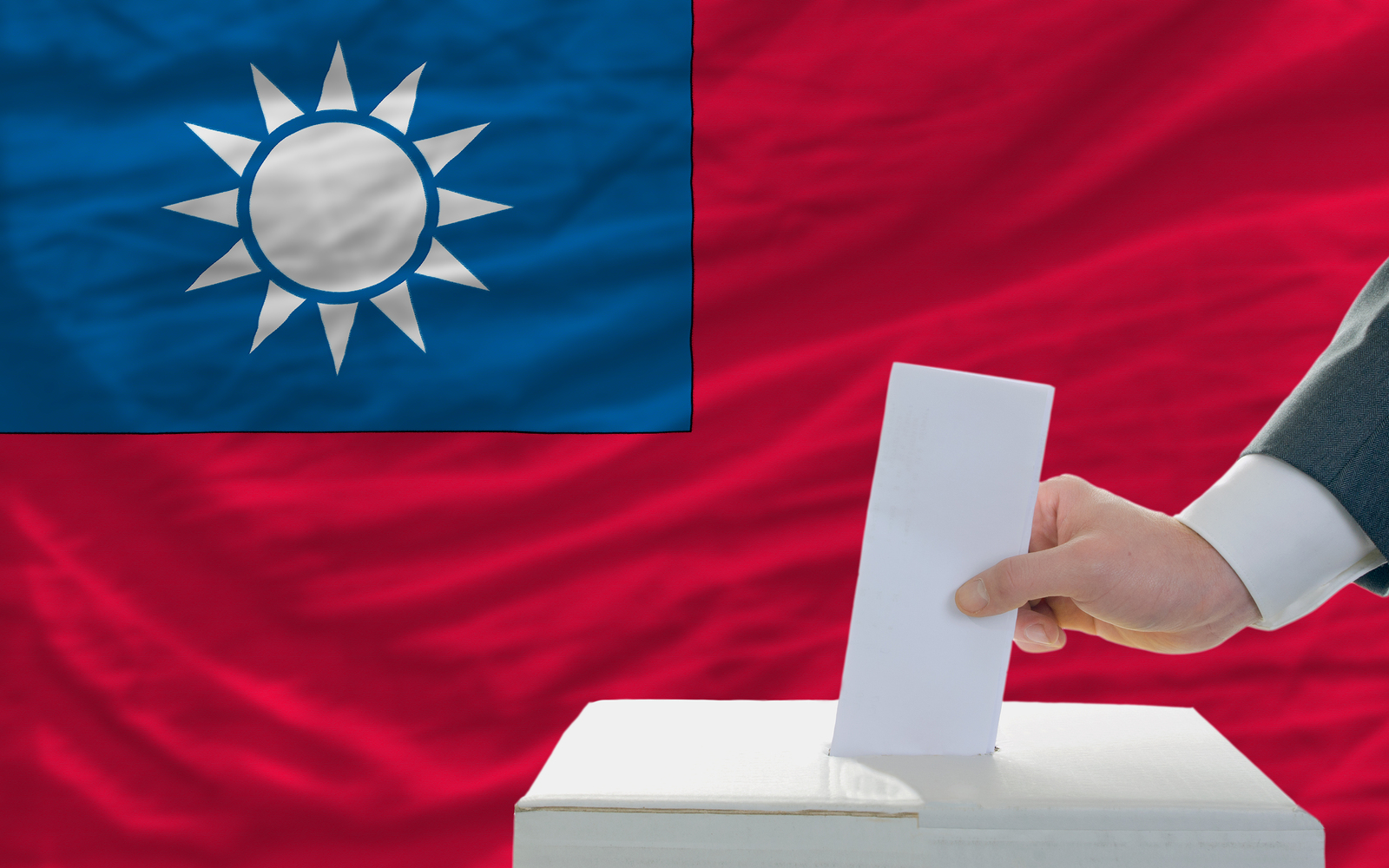
China-US Anxiety about Taiwan Elections
(Taiwan) on 10 December 2015
by Edward I-hsin Chen (link to original)
China and US Hope for Cross-Strait Stability
First of all, the Taiwan election is on Jan. 16, 2016. Xi, on his own, threw the Taiwan issue at Obama. Before October, the U.S. and China had an agreement not to become involved in the Taiwan elections, mainly because of the Kuomintang's election blues, and Washington and Beijing's involvement would not be much help. However, after Eric Chu's outstanding performance, Xi clearly saw changes in the election outlook and decided to make the first move by agreeing to host the Ma-Xi meeting in Singapore. Since Xi made the first move, the U.S. followed by taking Chu's visit to Washington D.C. in mid-November as an opportunity to enhance his influence.
The Democratic Progressive Party presidential candidate Tsai Ing-wen's visit to Washington D.C. in early June, on the surface, seems to have earned her support from U.S. officials and think tanks. However, when Chu visited Washington D.C. in November, Tsai had competition, and a lot of it. The underlying reason is because in June, when the U.S. did not know who the KMT candidate was, it had no choice but to accept Tsai's cross-strait policy. After Chu explained his own cross-strait policy, though, the U.S., naturally, made a new choice.
Daniel Kritenbrink, White House National Security Council senior director for Asian affairs, stated that his conversations with Chu were "productive." Kritenbrink may have emphasized that Washington received Chu at exactly the same level as Tsai, and that the U.S. would not choose sides, but when he says that their dialogue with Chu was productive, it shatters the illusion of success and smoothness in Tsai's U.S. visit.
Second, Xi stressed to Obama in Paris that preserving cross-strait stability is in the common interests of China and the U.S. Unquestionably, China and the U.S. hope for peace and stability across the strait in the interests of both parties.
On Nov. 13, Eric Chu paid official visits to the White House, the State Department and Brookings Institution. Simply in terms of level, Tsai's June visit does not compare. In his discussion with U.S. officials and think tanks alone, Chu spoke not only of methods for long-term cross-strait stability, but also benefits that the U.S. will have with the Asia-Pacific, naturally satisfying the U.S.
In comparison, Tsai's U.S. visit was fully intended to appeal to U.S.-Japan Asia-Pacific policy. The only thing is that Tsai gave the wrong impression that China and the U.S. are enemies, making Washington worry about being pushed into the cross-strait conflict. Besides this, regarding the cross-strait policy that the U.S. is most concerned about, she [Tsai] has an empty proposal to "maintain the status quo," yet has no specific policy or course of action. What worries Washington even more is that if she continues to refuse to accept the 1992 Consensus, she could very well trap cross-strait relations in, as Xi would say, a "perilous situation." Therefore, on cross-strait policy, Chu is clearly ahead of Tsai.
Third, Xi hopes that the Obama administration will take concrete actions to support peaceful development of cross-strait relations, which shows that he does not believe that it supports Chu strongly enough. The question is, with the election about a month away, what concrete actions can the U.S. take?
Harder and Harder To Intervene
Does Xi really hope for Obama, after declaring Taiwan as a U.S. anti-terrorist ally, to abandon his policy supporting the KMT? What's interesting is that if the U.S. includes Taiwan in the Trans-Pacific Partnership, shouldn't mainland China announce that as long as Taiwan accepts the 1992 Consensus, it can join the Regional Comprehensive Economic Partnership?
Fourth, Obama told Xi that the U.S. hopes for cross-strait relations to maintain stable development, which seems to imply that when necessary, the U.S. can throw away policies that benefit the KMT election to balance cross-strait relations.
Finally, just as the Sept. 24 Obama-Xi White House night talk was more significant than the Sept. 25 day talk, Obama's private conversation with Xi is definitely more exciting than their public discussion. Nobody knows what they said in private, but as time flies, China and the U.S. realize that it is becoming harder and harder to intervene in the Taiwan election.
The author of this article is an American studies professor at Tamkang University.
